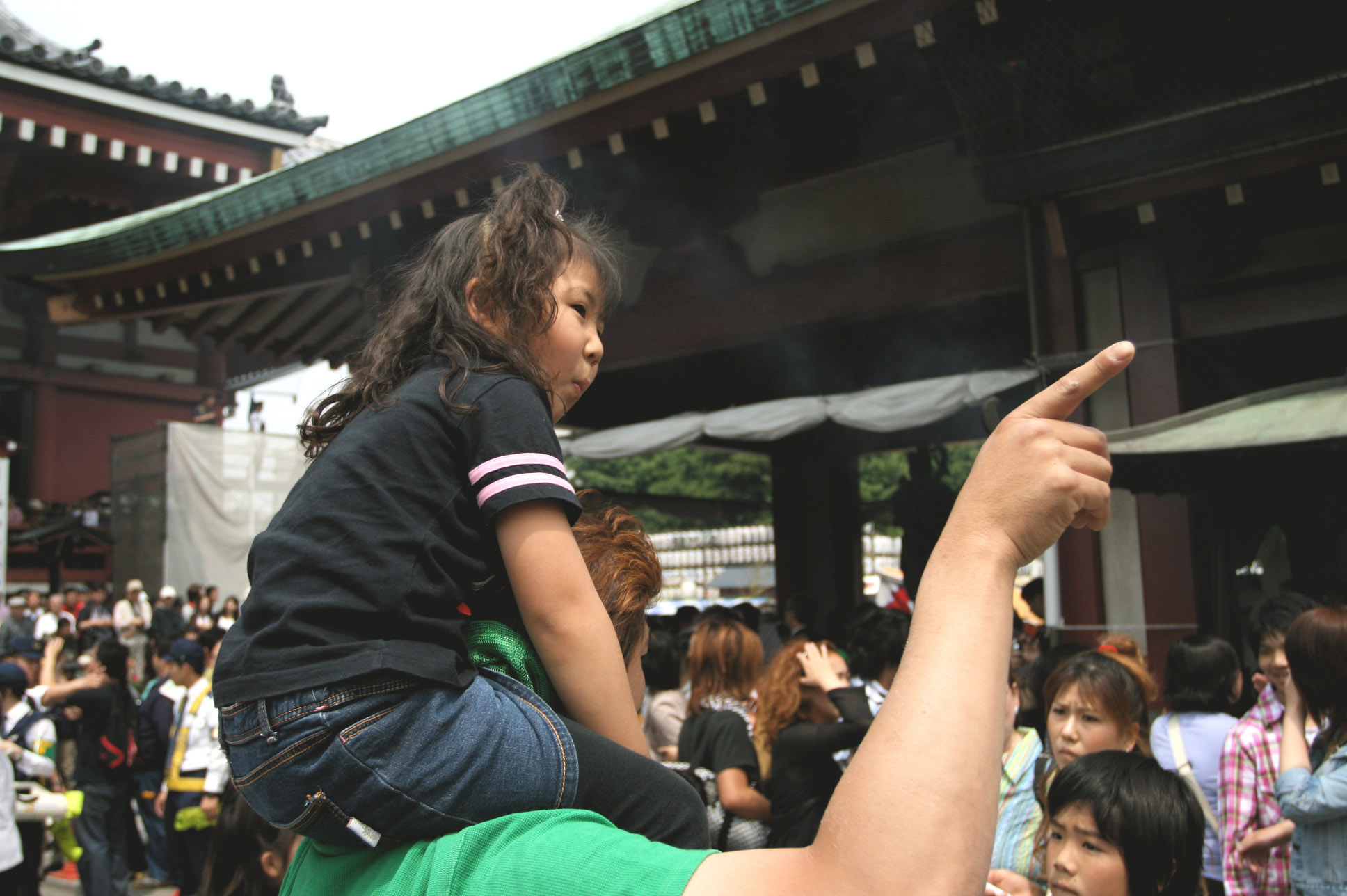Aside from ikumen (イクメン, men who play a role in raising their children), Nihon no otōsan (日本のお父さん, Japanese fathers) are a pretty sad lot. The vast majority of them have been and continue to be kaya no soto (蚊帳の外, literally "outside the mosquito net," meaning "left out") inside their own homes — they often have no idea what their own families are up to.
Among the alarming increase in cases of shōnen hanzai (少年犯罪, juvenile crime), one fact stands out as emblematic of the state of the Nihon no katei (日本の家庭, Japanese home): The father is often nowhere to be seen. There's even a phrase for this — chichioya fuzai (父親不在, roughly meaning that the father is missing in action).
When the 18-year-old ringleader in the recent murder of a 13-year-old boy in Kawasaki came forward to the local police, he was accompanied by two adults: his hahaoya (母親, mother) and bengoshi (弁護士, lawyer). No one commented on the whereabouts of the dad, and it seems the victim was fatherless, too.

















With your current subscription plan you can comment on stories. However, before writing your first comment, please create a display name in the Profile section of your subscriber account page.